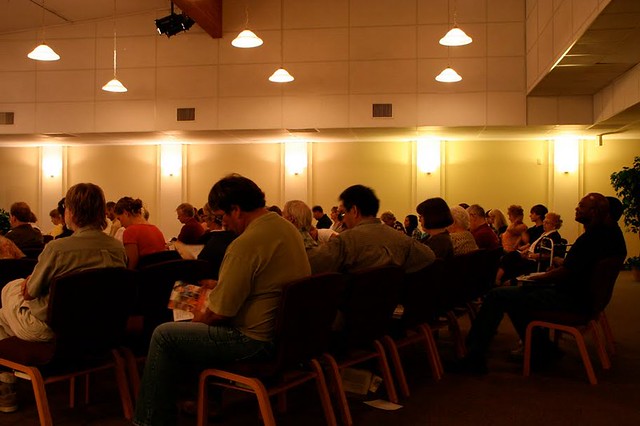The New Conversion: Why We 'Become Christians' Differently Today

Gordon T. Smith
4/18/2012
It is not be an overstatement to say that evangelicals are experiencing a "sea change"—a paradigm shift—in their understanding of conversion and redemption, a shift that includes the way in which they think about the salvation of God, the nature and mission of the church, and the character of religious experience. Although there is no one word to capture where evangelicals are going in this regard, there is a word that captures what they are leaving behind: revivalism.
Revivalism is a religious movement heir to both the 17th-century Puritans and the renewal movements of the 18th century, but one that largely emerged in the 19th century. It was broadly institutionalized in the 20th century in the conservative denominations in North America as well as in parachurch and mission agencies that then in turn spread the movement within North America and globally. For evangelicals up until at least a generation ago, the language of conversion was the language of revivalism; it shaped and in many ways determined their approach to worship, evangelism, and spiritual formation.
Evangelicalism is certainly not monolithic; the points at which evangelicals differ among themselves is significant—both Baptists and Pentecostals see themselves as coming under this umbrella, along with Mennonites, and then also Calvinists and Wesleyans. But for all their diversity, the way in which they spoke of conversion and redemption was remarkably similar. Evangelicals took for granted that the language and categories of revivalism were the language and categories of the New Testament. Conversion was viewed to be a punctiliar experience: persons could specify with confidence and assurance the time and place of their conversion, by reference, as often as not, to the moment when they prayed what was typically called "the sinner's prayer."
the rest image by Chris Miuccio
This begs the question of what it means to be the church. The evangelical tradition is at a fork in the road and, given this sea change in the understanding of conversion and redemption, the most crucial issue at stake is what it means to be a congregation. Evangelicals will only be able to navigate these waters if they can formulate a dynamic theology of the church that reflects the Triune character of God, the means of grace—Spirit and Word—and a radical orientation in mission toward the kingdom of God.Belonging Without Believing
While 84 percent of Irish people self-identify as Catholics, support for key Church teachings is at an all-time low...


0 Comments:
Post a Comment
<< Home